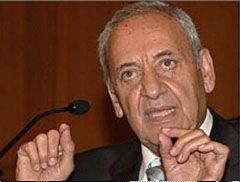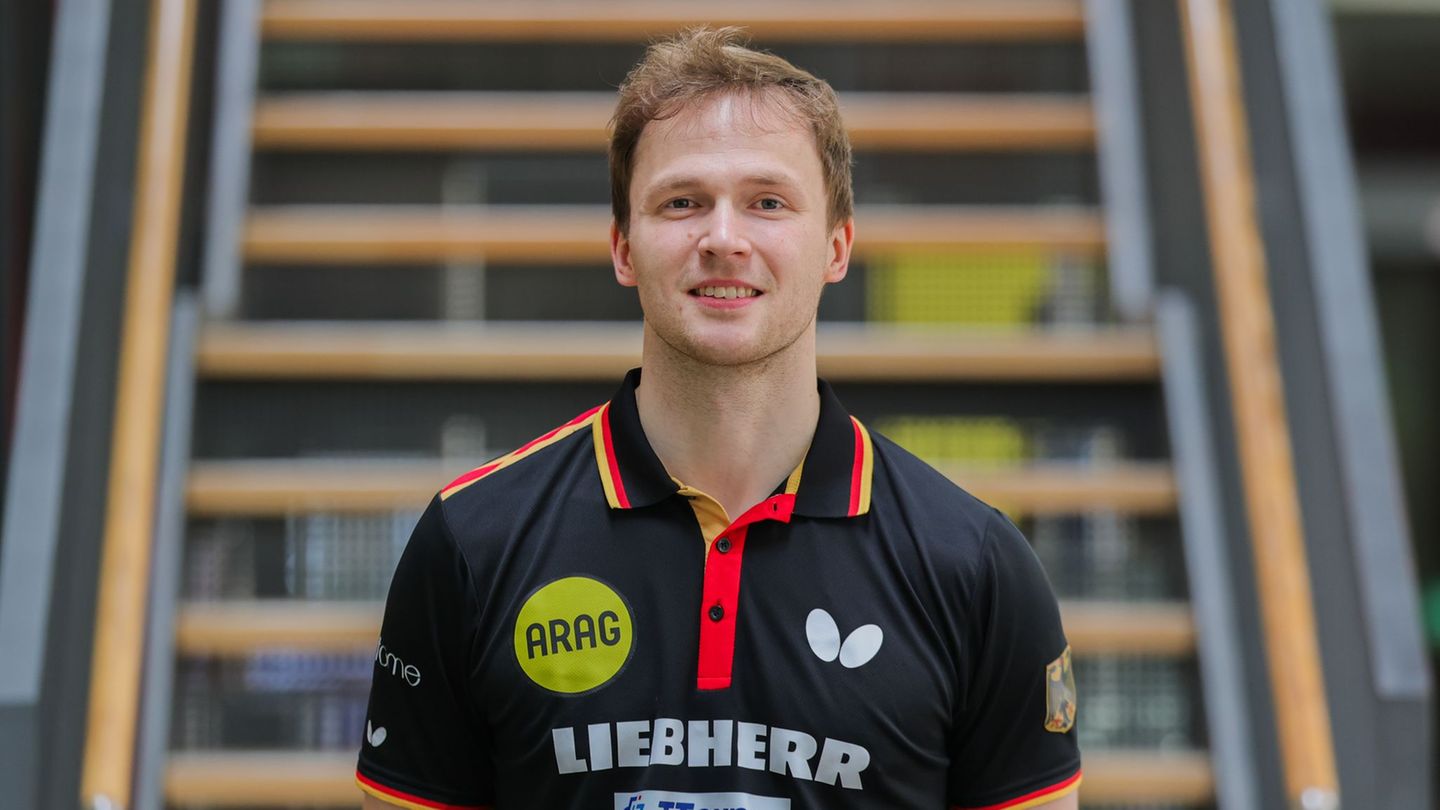In his first speech after his inauguration, he declared that the organization has the resources to maintain the conflict with Israel “for months,” although he raised the possibility of a cease-firealthough “under specific conditions”.
On the other hand, Qassem also called for patience between the combatants and the Lebanese populationemphasizing that Israeli soldiers must withdraw from Lebanon to avoid defeat in the ground operation that began in early October in the south of the country.
“Leave our land to reduce your losses, otherwise, will face defeat“, he expressed this Wednesday, in reference to the incursion that the country of Benjamin Netanyahu It started at the beginning of October.
The impact of the elections in the United States was another relevant topic in his statements, since the new leader of the command suggested that they could mark a turning point in the conflict: “Will this war be prolonged? The US elections may be the decisive moment.”
Then he pointed out that a change in the US government could lead to stopping military actions of the Israeli prime minister, could already feel without the support of such a power.
Qassem obtained the position after the murder of Hassan Nasrallahwho died a month ago in a Israeli airstrike on Dahyea southern suburb of Beirut.
Naim Qassem does not rule out negotiating with Israel
In a significant change, Qassem mentioned the Hezbollah’s willingness to enter into “indirect” negotiations with Israel that they could establish a truce and alleviate the situation.
“If the enemy accepts a ceasefire, we will say yes, but under our conditions. The way will be through indirect negotiations“he explained, noting that the group had already considered this option under its previous leadership, with support from Nabih Berripresident of lebanese parliament.
This conciliatory approach occurs in the midst of renewed diplomatic efforts between the United States, Israel and Lebanon to reach an agreement to end the fighting in southern Lebanon, an area with a strong Hezbollah presence.
Head of Parliament, Nabih Berri.
The head of Parliament, Nabih Berri.
Qassem recognized the Berri’s fundamental rolealso leader of the Shiite group Amal and strategic ally of Hezbollah, like the “pillar of negotiations”. However, he regretted the lack of a clear consensus in the current exchanges to end hostilities.
Furthermore, he highlighted Hezbollah’s priority of protect Lebanon and support Palestinereiterating its position of armed resistance: “We do not want war, but we are ready to face it if it is imposed on us. We will fight with determination and win, if God allows it.”
The conflict, which has already lasted for more than a year, caused the death of more than 2,700 people and the displacement of more than 1.2 million Lebaneseseriously affecting the country.
With the experience of three decades in the presidency of parliament, Berri has established himself as a key figure for dialogueserving as a bridge between Hezbollah and other Lebanese political sectors, which could facilitate eventual ceasefire agreements and, perhaps, a negotiated solution to the conflict in southern Lebanon.
Who is Naim Qassem
Qassem’s name already has history, since For more than three decades it was the second in order of importance of the Shiite group, and knew how to publicly face it on countless occasions.
In 1991 he was appointed deputy chief by the then general secretary of the armed group, Abbas al-Musawiwho was killed in an Israeli helicopter attack the following year.
Then, with Nasrallah’s rise to leader, Qassem remained in his position. Thus, for a long time it was one of the main spokespersons for Hezbollahgranting interviews to foreign media outlets, even as cross-border hostilities with Israel escalated.
He was born in 1953, in the neighborhood of Enough Tahta from Beirut, within a family from southern Lebanon. He began his political activism in the Lebanese Shiite Amal movement, but He left the group in 1979 in the wake of the Islamic Revolution. of Iran, which marked the thinking of many young Lebanese Shiites.
After the Israeli invasion of Lebanon, participated in the meetings that led to the formation of Hezbollah in 1982a movement created with the support of the Iranian Revolutionary Guard.
Coordinated parliamentary election campaigns of that group until he was appointed deputy secretary general in the early 1990s and, in 2005, being one of the main ideologists of the groupwrote the book “Hezbollah: the inside story”in which he remembers the foundation, ideas and position of the movement.
Source: Ambito
I am an author and journalist who has worked in the entertainment industry for over a decade. I currently work as a news editor at a major news website, and my focus is on covering the latest trends in entertainment. I also write occasional pieces for other outlets, and have authored two books about the entertainment industry.




